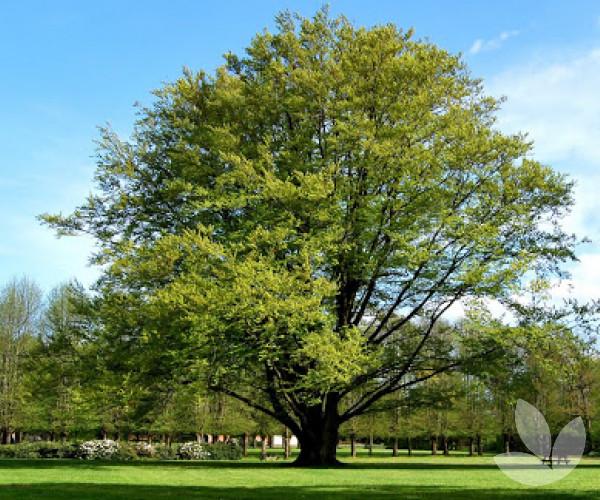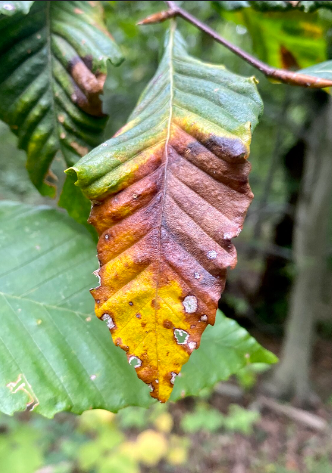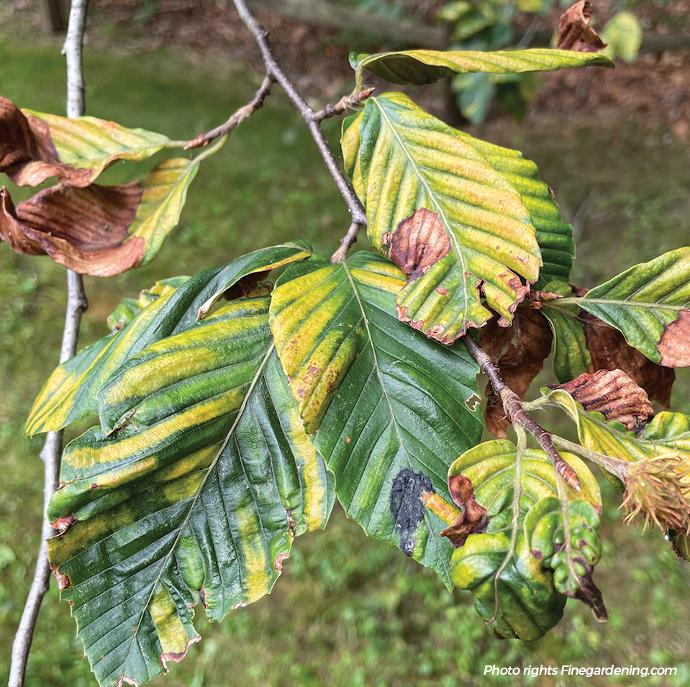European Beech Plant
European Beech is a slow-growing deciduous tree that can reach 50-70 feet in height. It prefers well-drained soil, partial shade, and moderate moisture. Hardy in Zones 4-7, it is neither edible nor medicinal.

Habit
Deciduous Tree
Height
15-20 m
Growth
Slow
Soil
Well-drained, loamy soil
Shade
Partial
Moisture
Moderate
Edible
No
Medicinal
No
Origin
Europe
Climatic Condition
Temperate
Temperature (°)
10-20°C
Humidity (%)
60-80%
Potting media
Garden soil
Fertilizers
Organic compost
Watering
Water regularly; prefers moist, well-drained soil
Plant Weight
5-10 kg
Flowering Time
Spring to Summer
Soil Ph level
6.0 - 7.5
Water Ph level
6.0 - 7.5
Soil EC
0.3 - 0.5
Yield Per Plant
Timber production
NPK ratio
15:10:10
life Span
Deciduous
Health Benefits
Used for timber; attractive foliage
Suggested Grow Media or Potting Mix ?
50% loamy soil, 30% compost, 20% sand
Suggested Fertigation/Fertilizers
Fertilize every 4 weeks with a balanced fertilizer.
Common Diseases and Remedies
Beech Bark Disease, Powdery Mildew, Leaf Spot, Root Rot, Beech Scale
Prune infected branches, use neem oil, improve soil health
HEALTH BENEFITS
Rich in Antioxidants
Beech leaves, bark, and seeds contain polyphenols and flavonoids, which help combat oxidative stress and may reduce the risk of chronic diseases.
2. Anti-Inflammatory Properties
Extracts from beech bark and leaves have been traditionally used to reduce inflammation, which may help with arthritis, skin conditions, and other inflammatory disorders.
3. Supports Respiratory Health
Beech tree extracts have been used in herbal medicine to relieve symptoms of coughs, colds, and bronchitis by acting as an expectorant.
4. Wound Healing & Skin Health
Beech tree bark has antimicrobial and astringent properties, making it useful for treating minor wounds, cuts, and skin infections.
5. Digestive Aid
Beech bark tea has been used traditionally to relieve digestive issues like indigestion and bloating.
6. Potential Antimicrobial Effects
Studies suggest that compounds in beech bark and leaves may have antibacterial and antifungal properties, which could help fight infections.
7. Mild Sedative Effects
Some herbalists use beech extracts for their calming effects, which may help with anxiety and stress relief.

